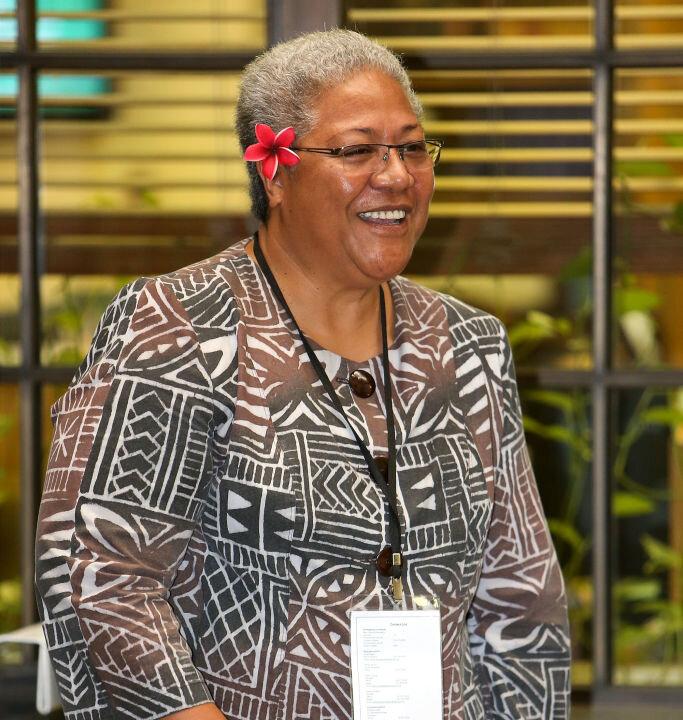The outgoing Samoan government on May 24 blocked Prime Minister-elect Fiame Naomi Mata’afa from entering Parliament House to be sworn in, pushing Samoa into its biggest constitutional crisis in decades.
May 24 was the last day Fiame and her incoming governing party, Faatuatua i le Atua Samoa ua Tasi (FAST), could legally be inducted into power under the Samoan constitution, which gives 45 days for the change of government to occur.




